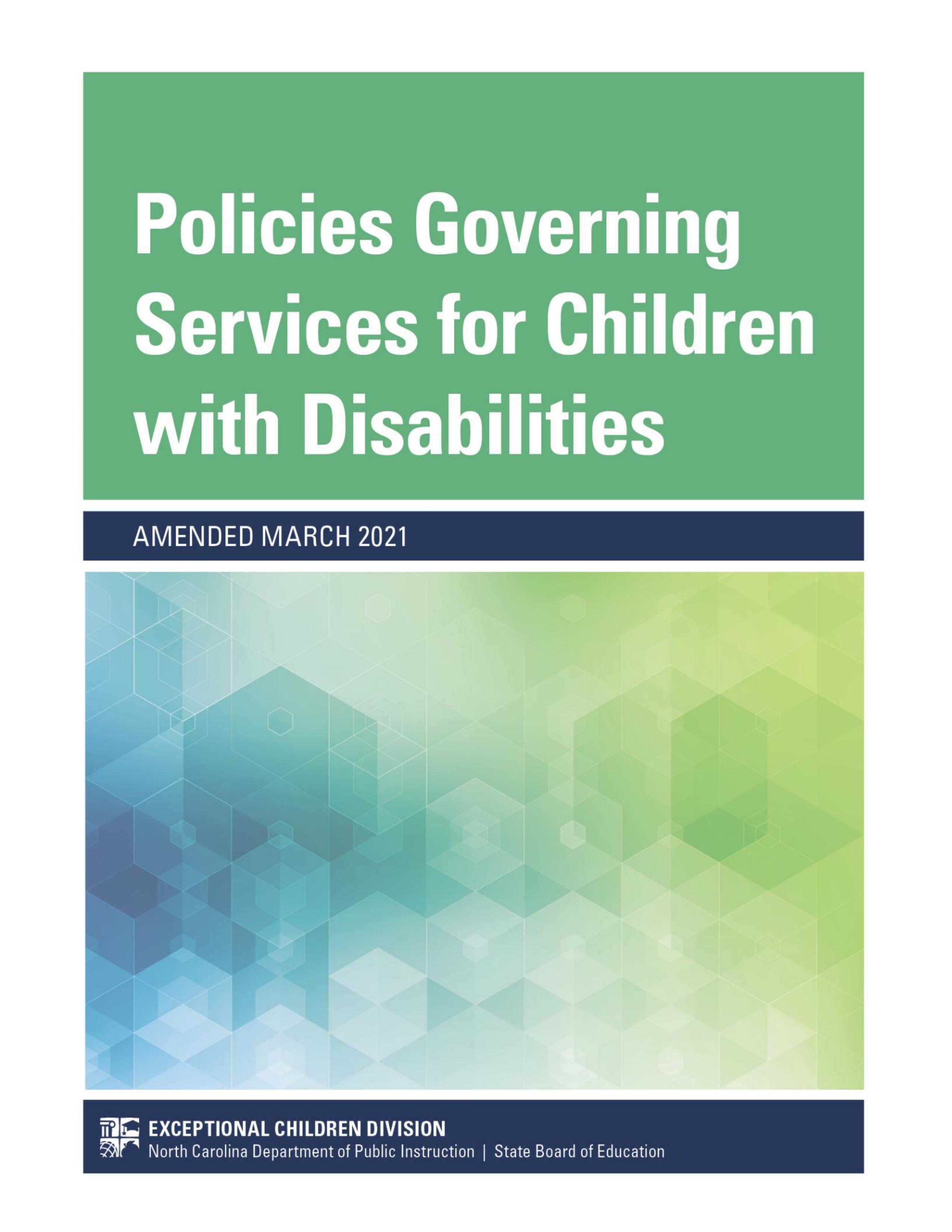Parent Resources
A Message from Jennifer Croymans: Partnering with You, Every Step of the Way
Dear McDowell County Schools Families,
From the bottom of my heart, I want to extend the warmest welcome to you. As the Director for Exceptional Children here in McDowell County Schools, I consider it a true privilege to work alongside you as we support your incredible child.
I know that raising a child is a journey filled with unique joys and sometimes, unique challenges. When your child has a disability, that journey can bring its own set of questions and new paths to explore. Please know this: you are not alone on this journey. You are a vital, cherished part of our McDowell County Schools family, and we are here to walk alongside you.
Every single student in our schools possesses a spark of brilliance, unique strengths, and unlimited potential. We see your child not just for their disability, but for their incredible abilities, their bright spirit, and all the wonderful things that make them uniquely them. Our passion is to discover and nurture that potential, helping your child grow into the confident, capable individual they are meant to be.
Our commitment to your child is holistic and heartfelt. We are dedicated to supporting them in every aspect of their well-being—academically, yes, but also physically, developmentally, and emotionally. We understand that a child truly thrives when they feel safe, understood, and encouraged in all these areas. From personalized learning strategies and accessible environments to fostering social connections and celebrating emotional growth, our team pours its energy into creating a supportive and inspiring space for your child.
The most powerful ingredient in your child's success is our partnership with you. You are your child's first and most enduring advocate, the expert on their heart and their history. Your insights, your hopes, and your unwavering love are invaluable to us. When we combine our professional expertise with your deep understanding of your child, we create a truly unstoppable team. We want to hear your voice, answer your questions, and collaborate on every decision, ensuring your child's educational journey is tailored to their unique needs and aspirations.
This journey is a shared adventure, and we are absolutely thrilled to embark on it with you. Together, we will navigate challenges, celebrate every milestone, and cheer loudly for every success. Thank you for entrusting us with your child's education. We are here to support, encourage, and empower your family every single day.
Jennifer Croymans
Director for Exceptional Children McDowell County Schools





